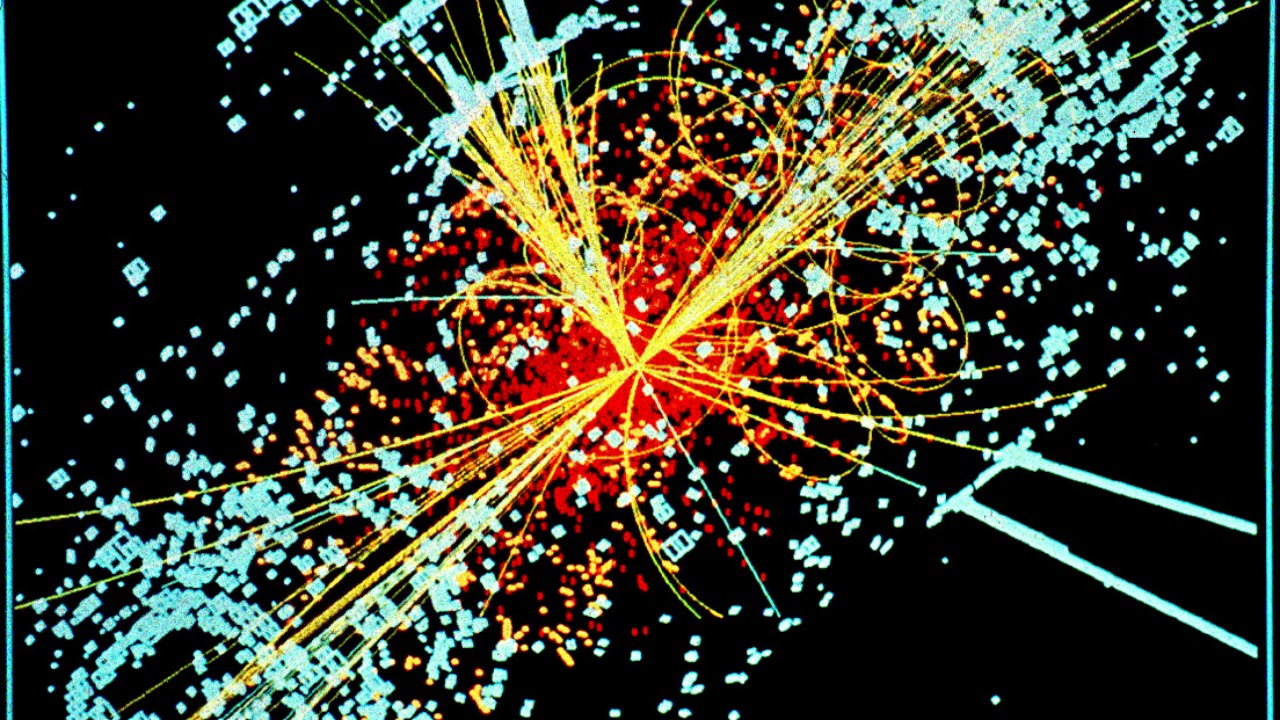
When the Higgs boson, often sensationally dubbed the “God Particle,” was discovered at CERN in 2012, it was hailed as a groundbreaking triumph in particle physics. However, recent insights and ongoing research suggest that this subatomic particle might possess more complexity and mystery than initially thought, challenging our understanding of the universe.
The Discovery of the Higgs Boson
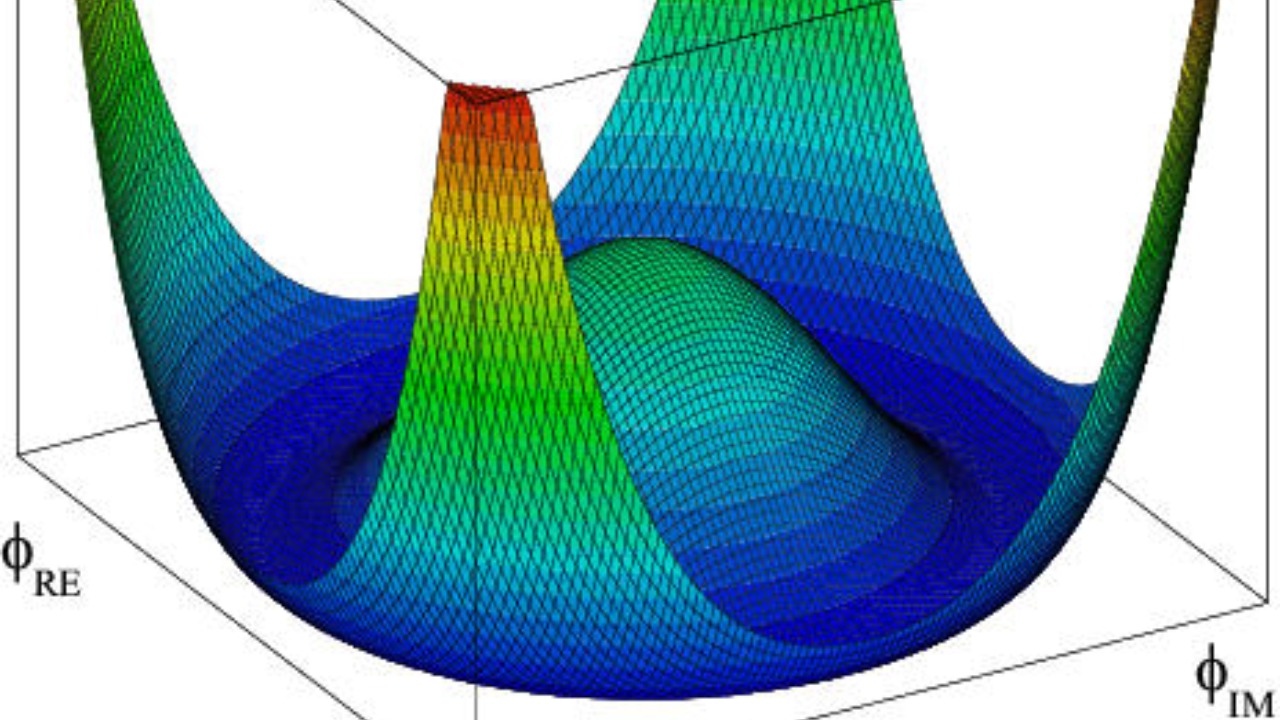
The theoretical groundwork for the Higgs boson was laid in the 1960s by physicists such as Peter Higgs, who proposed the existence of an invisible field that gives mass to other particles. This theory became a cornerstone of the Standard Model of particle physics, but direct evidence of the Higgs boson’s existence eluded scientists for decades. In 2012, the Large Hadron Collider (LHC) at CERN finally provided the means to observe this elusive particle.
The LHC played a crucial role in the discovery by enabling high-energy particle collisions, which allowed scientists to detect the fleeting presence of the Higgs boson. The discovery was met with global excitement, as it confirmed a key aspect of the Standard Model and opened new avenues for exploring the fundamental properties of our universe. The implications extended beyond physics, captivating the public imagination and drawing attention to the possibilities of scientific discovery.
Misconceptions and the “God Particle” Moniker
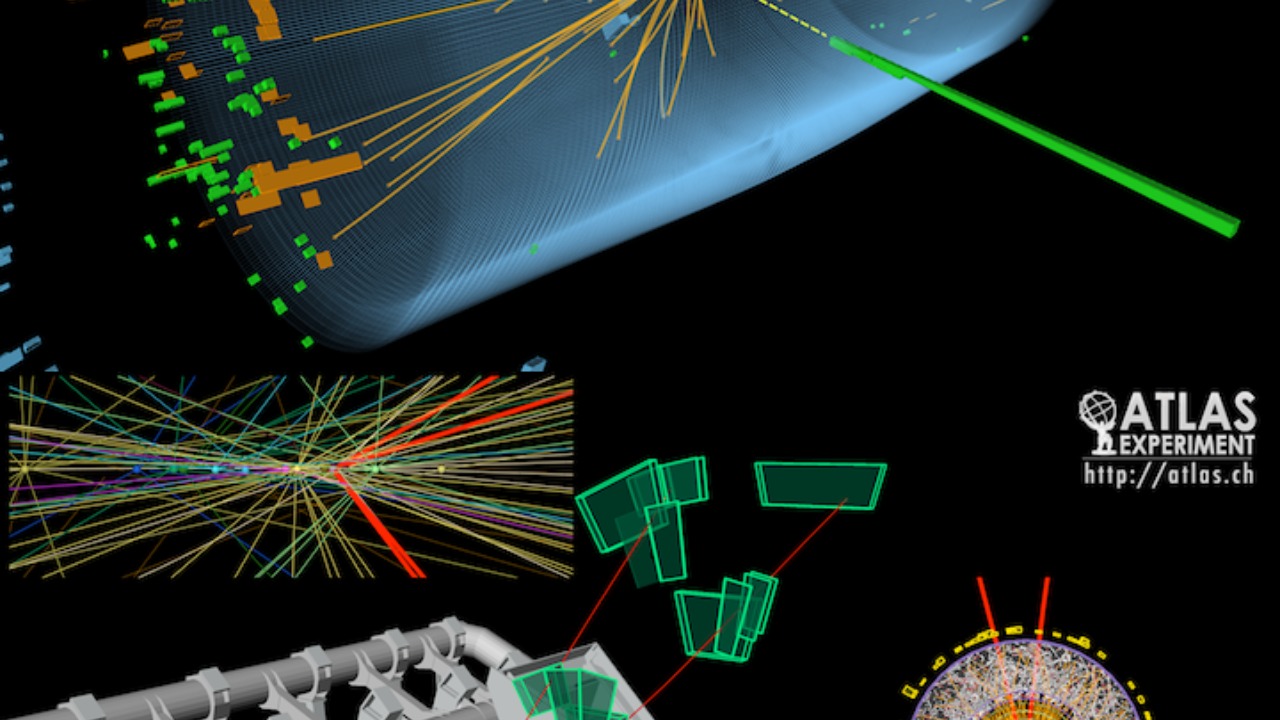
The term “God Particle” was popularized by media and has been criticized for its scientific inaccuracies. It originated from the title of a book by physicist Leon Lederman, who intended to highlight the particle’s significance, though it was never meant to be taken literally. Despite this, the name stuck, and the sensationalism surrounding it often overshadowed the scientific realities of the Higgs boson.
Renowned physicist Stephen Hawking expressed concerns about the Higgs boson, speculating that it could potentially lead to catastrophic scenarios, though these were largely hypothetical. His skepticism highlighted a gap between public perception and scientific understanding. While the “God Particle” moniker captured headlines, it also contributed to misunderstandings about the particle’s role and significance.
New Insights and Theories
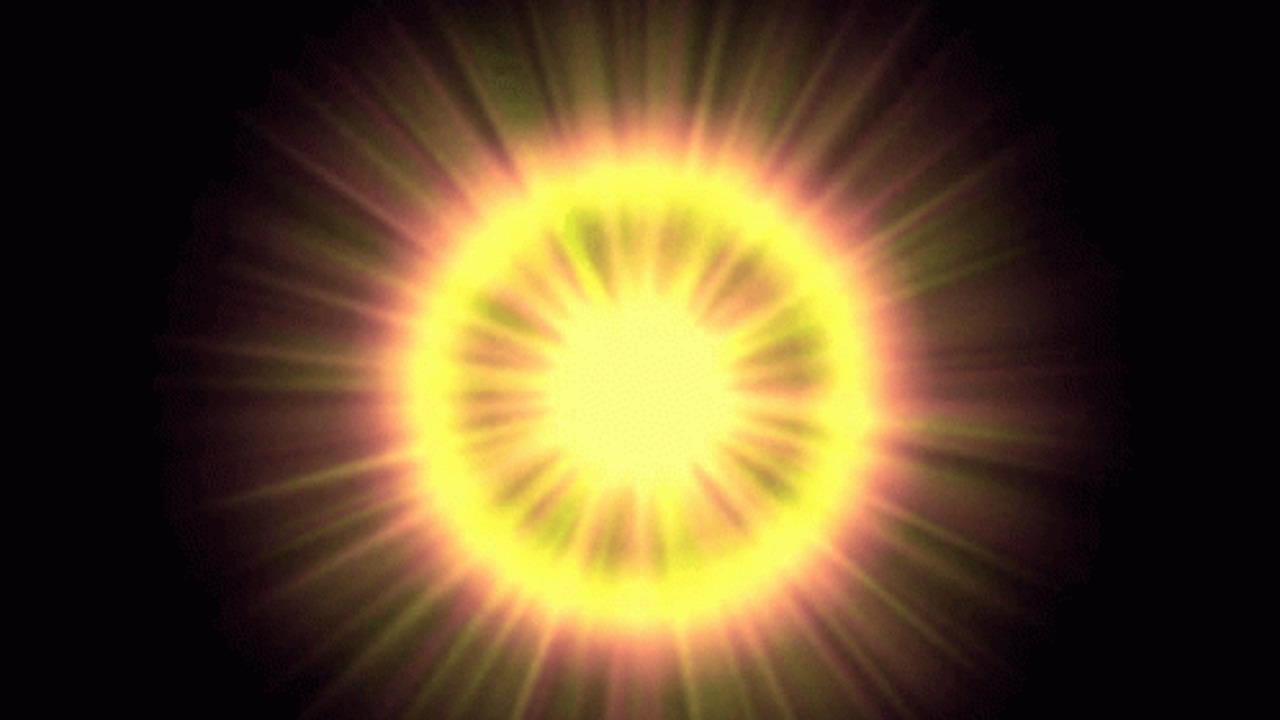
Recent research suggests that the Higgs boson might interact with unknown forces or particles not accounted for in the Standard Model. These possibilities have led scientists to explore theories beyond the established framework, suggesting that the Higgs boson could play a role in unlocking new dimensions of physics.
Alternative theories propose different properties for the Higgs boson, potentially altering our understanding of fundamental physics. These theories face experimental challenges, as current technology may not be advanced enough to fully explore these hypotheses. As scientists continue to push the boundaries of knowledge, new insights into the Higgs boson could reshape our understanding of the universe.
The Future of Higgs Boson Research

Ongoing experiments aim to further investigate the properties and implications of the Higgs boson. These efforts are bolstered by international collaboration, as scientists from around the world work together to advance our understanding of this enigmatic particle. Such cooperation is essential for the development of new technologies and methodologies that can probe deeper into the mysteries of the universe.
The potential implications of new findings related to the Higgs boson are vast. They could lead to groundbreaking technological advancements and reshape our understanding of the universe’s fundamental principles. As research continues, the Higgs boson remains a focal point of scientific inquiry, promising to inspire future generations of physicists.
Reassessing the “God Particle”
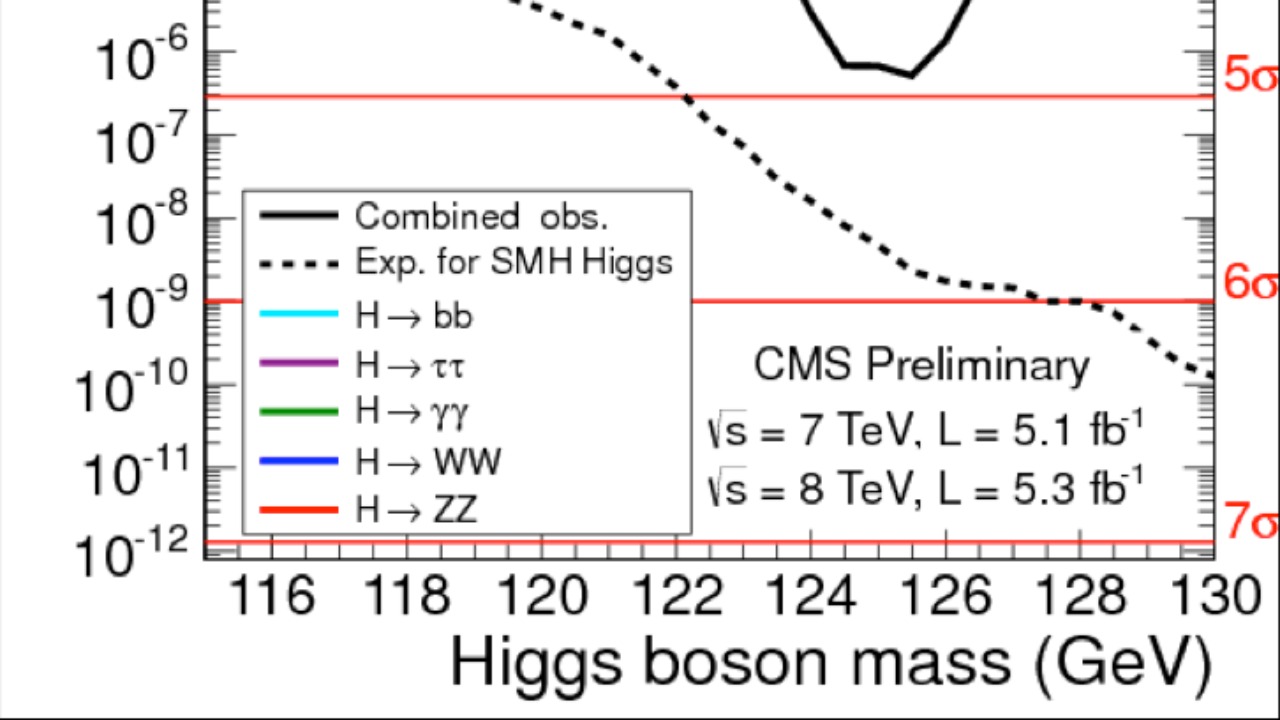
The shifting perceptions of the Higgs boson have significant implications for both science and philosophy. As our understanding of the particle evolves, it influences the way we approach scientific inquiry and the philosophical debates surrounding the nature of reality. The ongoing legacy of the Higgs boson discovery continues to inspire curiosity and exploration.
Bridging the knowledge gap between public perception and scientific reality is essential for fostering a more informed and engaged society. By improving public understanding of complex scientific concepts, we can encourage greater interest in the mysteries of the universe and inspire future breakthroughs in physics and beyond.